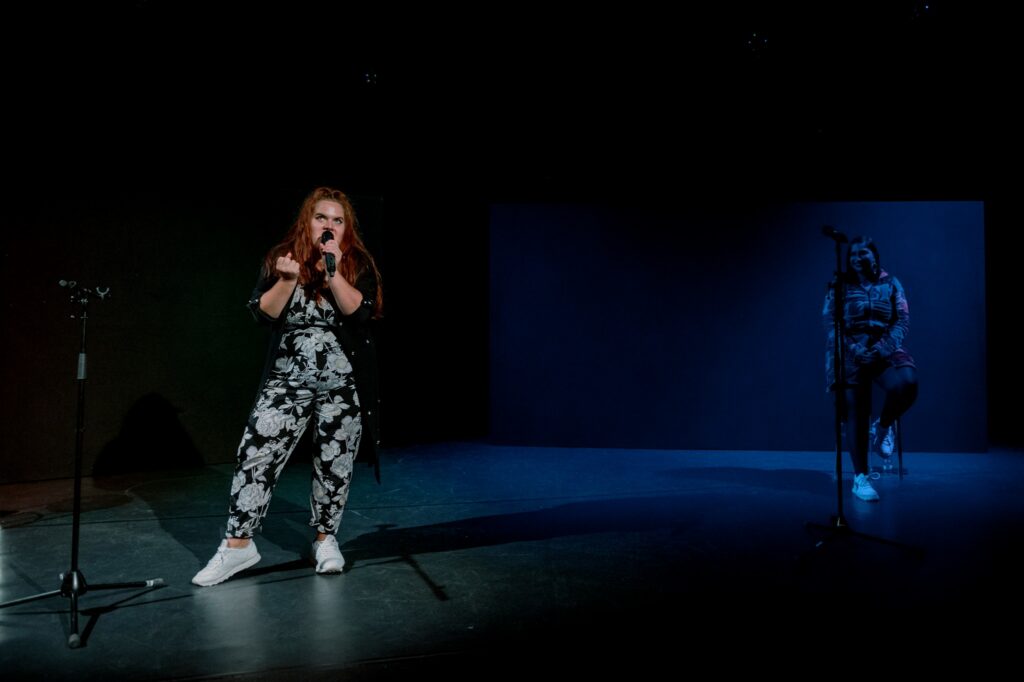They come armed with deadpan delivery, existential punchlines and jokes forged in the long Baltic winter; four comedians with Estonian roots are bringing their off-kilter humour to the Edinburgh Fringe – and they’re not here to make you comfortable.
Every August, Edinburgh becomes something it isn’t the rest of the year: the beating heart of global performance. For three weeks, Scotland’s capital transforms into a maze of makeshift theatres, underground venues, and cobbled stages, housing tens of thousands of artists from all over the world. The Edinburgh Festival Fringe, the largest performing arts festival on the planet, has long been a proving ground for the unexpected – and in recent years, increasingly, for the overlooked.
The fringe and the uninvited
This year, among the thousands of voices vying for attention in alleyways and vaulted cellars, a quiet Baltic wave is rolling in. A group of comedians with roots in Estonia – Aleksandr Popov, Ana Falcon, Mari Volar, and Sandra Tiitson – are bringing a particular brand of humour to the Fringe: equal parts existential, absurd, and uncomfortably honest. It is, in many ways, a perfect fit for a festival whose founding myth is built on gatecrashing the elite – a cultural insurgency turned institution.
Founded in 1947 by artists shut out of the Edinburgh International Festival, the Fringe began as a protest – eight theatre companies arrived uninvited, performing in side venues and church halls. They weren’t meant to be there, which is exactly why they mattered. That founding principle of radical openness remains intact: anyone can perform, anyone can attend, and anyone can fail spectacularly.
In that spirit, the arrival of four comedians from a country more often associated with digital innovation or Nordic restraint than belly-laughs feels less like an anomaly and more like a renewal of purpose. Estonia’s comedy scene is young, raw, and often shaped by cultural silence – a trait that, paradoxically, produces comedians who know how to fill it with something meaningful.
Aleksandr Popov: comedy as controlled collapse
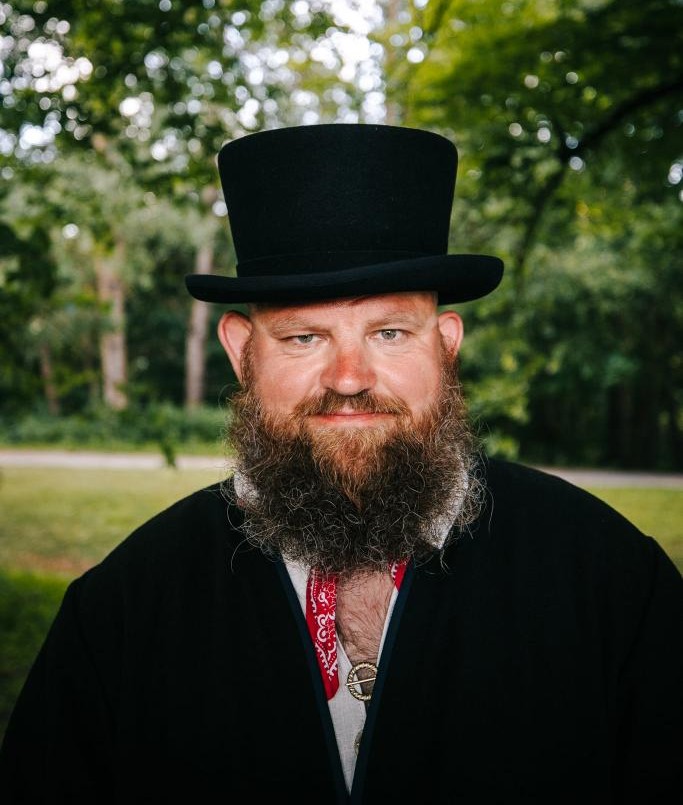
Popov’s show Why I Stayed…? A Gothic Review of Life is not a traditional comedy hour. It reads like a monologue from the margins – blending gallows humour with existential reflection. A lawyer, columnist, and CEO by day, Popov’s presence is as unsettling as it is magnetic. He does not warm up the room; he holds up a mirror.
“This is about what made me stay,” he says, referring to a moment in his life when that wasn’t a given. “What does it mean to choose life when it feels like everything’s already ended?”
His stories veer from the absurdities of Estonia’s housing market to the slow unravelling of burnout. His jokes land like stones skipping across a frozen lake – distant but precise.
Ana Falcon: displacement, reframed
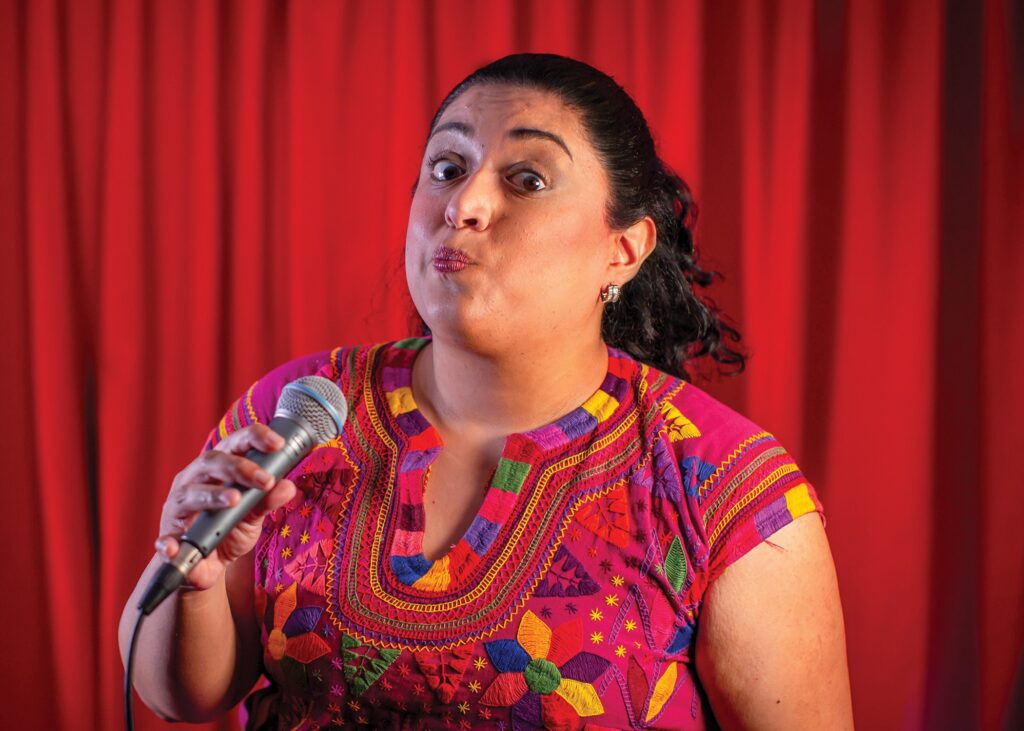
While Popov exudes quiet menace, Ana Falcon crackles with kinetic charm. Her show, #1 Mexican in Estonia, is a cross-cultural tightrope walk that explores the fluidity of identity, ambition, and what it means to perform oneself.
“I was born near the US-Mexico border,” she says, “but I only really became a comedian in Estonia.”
That line – half-punchline, half-origin story – gets at the core of Falcon’s appeal. She is, quite literally, a statistical outlier: a Mexican academic thriving in Estonia, roasting everyone from dating apps to bureaucrats to herself. But her material also reframes Estonia not as some backdrop to a foreign story, but as a crucible in which her voice was forged.
A founding member of Pussy Jam Comedy, a FLINTA-focused collective (FLINTA: women, lesbian, intersex, nonbinary, trans, agender), Falcon’s work is about more than laughs. It’s about subverting who gets to speak – and be heard.
Mari Volar: the polyphonic performer
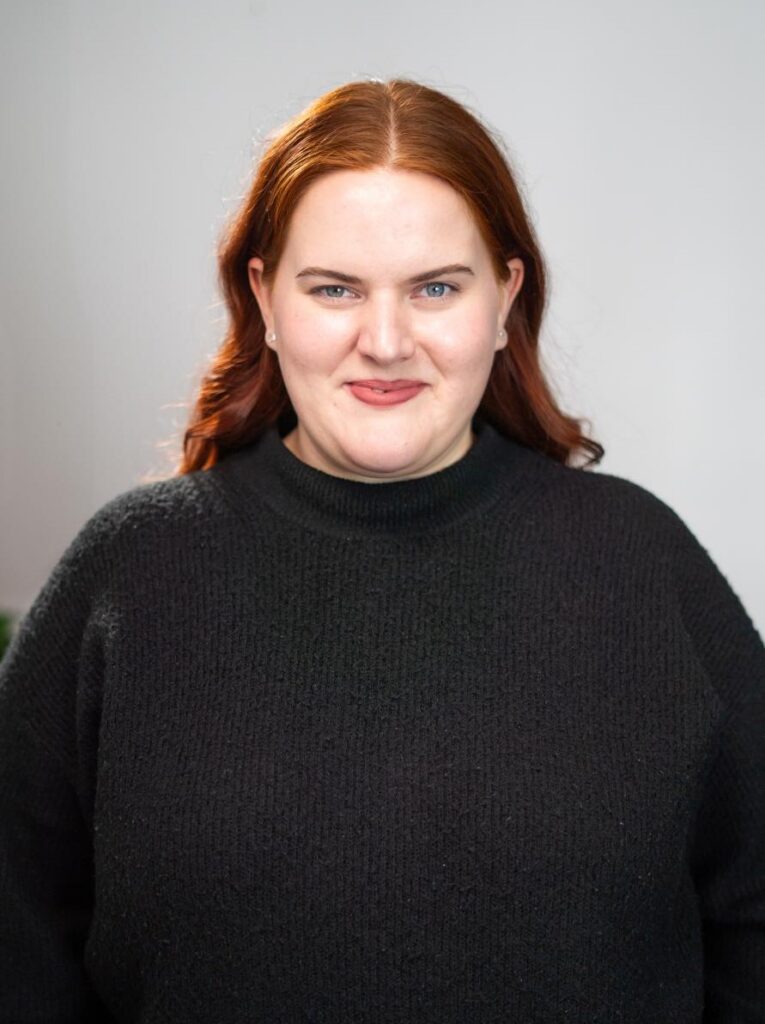
If Popov is the philosopher and Falcon the satirist, then Mari Volar is the shapeshifter. With three shows running across different times of day, Volar is effectively staging her own micro-festival. And she’s doing it with the precision of someone who has hosted more shows than she’s attended.
“I like to think of comedy as architecture,” she says. “You design for the crowd. Then you let it breathe.”
Her shows include a fake corporate seminar (50 Ways to Succeed at a Pointless Job), a crowdwork experiment (Common Ground), and a continental mishmash of stories about migration, miscommunication, and identity (100% Cntinental*). If Falcon interrogates belonging, Volar weaponises its instability. She’s the most seasoned of the group – a familiar name from Cologne to Copenhagen – and her performances reflect the weary thrill of someone who’s seen the backroom of too many venues, and still shows up.
Sandra Tiitson: fringe as freedom
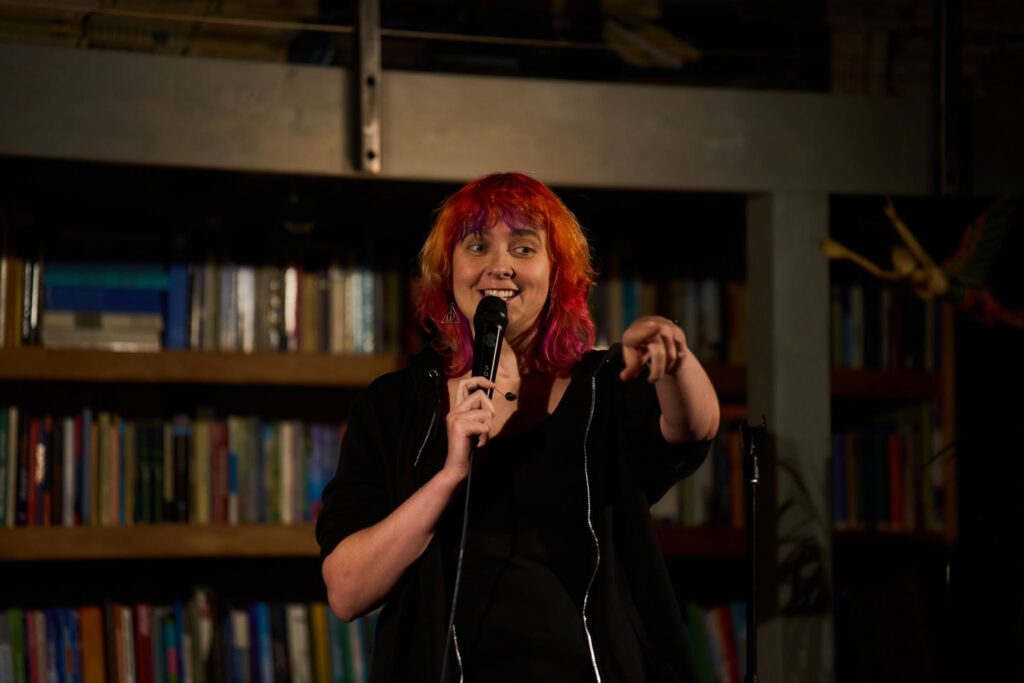
In contrast, Sandra Tiitson is taking a softer approach. After a well-received debut in Tallinn last year, she’s not headlining her own show – not yet. Instead, she’s threading her presence through others’ line-ups, offering short sets with sharp edges.
“I’m here more for the hang than the hustle,” she admits. “But the jokes come with me.”
Tiitson, like Falcon, is part of the Pussy Jam collective and offers a distinct voice: warm, observational, and peppered with micro-histories of growing up on a remote Estonian island. Her humour is anti-ambitious in the best way. It’s about surviving the big city, parenting cats, and figuring out how to speak without having to shout.
No longer a comic blank spot
There’s something quietly radical about the arrival of these comedians at Edinburgh Fringe – not because they’re trying to “make it,” but because they’re showing that Estonia itself is no longer a comic blank spot on the map.
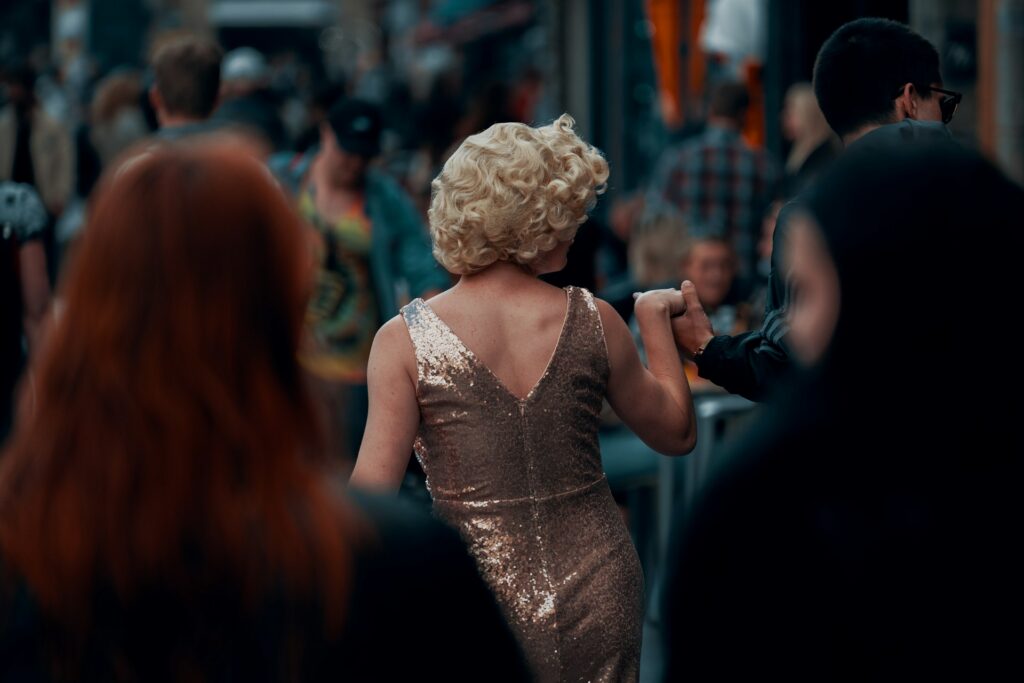
For decades, the Fringe has provided a launchpad for the likes of Phoebe Waller-Bridge (Fleabag), Steve Coogan, and Hannah Gadsby. But it also serves a more subtle function: documenting the spread of voice. What happens when performers from small countries – particularly ones with historically rigid cultural codes – find themselves on the world’s most permissive stage?
This year, the answer may come not in the form of viral success or award wins, but in quiet moments of recognition. A Baltic pause before the punchline. A silence that holds the room.
At its best, the Fringe is not just a showcase. It’s a conversation. And Estonia, with its reluctant humourists and poetic pessimists, is finally entering the chat.
Where to catch Estonia’s comedy quartet at Edinburgh Fringe 2025:
Aleksandr Popov – Why I Stayed…? A Gothic Review of Life?
Just The Spare Room, Just the Tonic at The Caves, 31 July – 24 August (except 12), 10:25pm
Ana Falcon – #1 Mexican in Estonia
Laughing Horse at City Cafe, 31 July – 24 August, 11:45pm
Mari Volar – 50 Ways to Succeed at a Pointless Job (11:35am), Common Ground (8pm), 100% Cntinental* (10:15pm)
Various Laughing Horse venues (Hollywood, Home Bar, The Raging Bull), 31 July – 24 August (some dates excluded)
Sandra Tiitson – guest sets across mixed bills; times and venues announced via Instagram.

